Phlebitis (vein inflammation) after weight loss surgery
“Most of the time phlebitis does not require any special treatment and resolves on its own within 10-14 days.”
Symptoms
If your IV arm (the arm where IV was applied during hospitalization) feels swollen, warm, slightly red, hurts, please take pictures and email them to your patient coordinator for our medical team to evaluate you for phlebitis. Most likely what you are experiencing is called phlebitis, which is vein inflammation.
Cause
The main causes are:
- Irritation of the vein due to a large volume of fluids and number of medications that are administered in a short period of time during your hospital stay. Considering the nature of surgery, the patient must be well hydrated, as before surgery drinking by mouth is limited, and most patients arrive dehydrated. Also, after surgery drinking by mouth is not allowed until the following day. And even then, it will be limited to a very small volume while the stomach is healing and causing pain and discomfort. Thus, veins suffer from large amounts of fluids as well as medications (painkillers, antinausea, antibiotics, etc.) to maintain patient`s comfort as much as possible.
- Infiltration from the IV when the wall of the vein breaks and fluids start leaking into the surrounding tissue. Usually, such situations are quickly caught by the nurses and the IV can be stopped completely (if the patient has already passed the leak test and can tolerate fluids by mouth), or changed to the other arm. Obese patients generally have much more fragile veins with thinner walls, thus they break more easily. If you start experiencing pain at the IV site or notice arm swelling, please inform the nursing staff immediately.
Treatment
Most of the time phlebitis does not require any special treatment and resolves on its own within 10-14 days. But please always get a consultation either from our medical team via video teleconferencing or sending us pictures of your arm. Or else you may choose to visit your local doctor if the pain persists, and you think you may need an in-person examination.
As an option, our doctors recommend taking:
- Meloxicam anti-inflammatory. Dosage: 15 mg for 14 days (always while taking antacids to protect your stomach)
- Or Celebrex anti-inflammatory. Dosage: 200 mg for 14 days (Celebrex does not require antacids, but you must take them regardless for 2 months post-op as part of your surgery recovery).
You don’t need both (Meloxicam and Celebrex), take only one if need be. Meloxicam is a more effective option in this case. Both require a prescription from your doctor.
Unfortunately, a prescription from our doctors that are licensed in Mexico will not be valid in the US. If your doctor requests that we send a recommendation letter for this medication, please let your patient coordinator know, we will gladly prepare it for you.
- Hirudoid Forte cream is also very effective (available over the counter). Apply over the site every 12 hours or up to 4 times a day for 5 days, gently massaging into the skin.
- Arm elevation. When you can, for example, while watching TV, apply compresses with warm and cold towels, or a heating pad and ice pack (alternating every 15 minutes). It will help take the inflammation away. Some doctors recommend applying heat only, yet others recommend body temperature wet compresses over the affected area.
- Worst case scenario. If after 7 days of taking Meloxicam or Celebrex you don`t see any improvement, it is recommended that you visit in person your local doctor to get additional antibiotics (if they consider it necessary, it is very rarely needed) to help recover faster. But the medication mentioned above should be sufficient, or in most cases no special treatment is required at all.
Written by Go Light Bariatrics
More From This Category
Tuna Melt Poppers
Tuna melt popper a quick protein-rich lunch option! Packed with nutrients, it's the perfect pick-me-up after a long day.
Cheeseburger Mini Meatloaf
Cheeseburger Mini Meatloaf perfect for a bariatric-friendly diet, offering a high-protein, low-fat, and delicious meal option. The mini meatloaves are also great for meal prep, as they can be easily stored and reheated for a quick and nutritious meal throughout the week.
Enchiladas Casserole
Enchiladas Casserole is comfort food to give you all the protein you need per meal considering your special dietary needs after weight loss surgery.
Beet Hummus
Introducing our vibrant and flavorful Beet Hummus, a healthy snack option for the post-op diet. This is a fun twist on the classic dip that promises a burst of color and taste!
Egg Zucchini Pizza
Enjoy this low-calorie, easy-to-digest Egg Zucchini Pizza. Consider for your protein-enriched post-op diet.
Strawberry Yogurt Jello
This time we are serving up a delight that's as guilt-free as it is delicious: our Sugar-Free Strawberry Jello recipe. Consider for your protein-enriched pre-op diet.
Colorful Chicken Fajitas
Delight in the flavors of Mexico with these bariatric-friendly chicken fajitas. Consider for your protein-enriched pre-op diet.
PPI & Antacid in Weight Loss Surgery
PPI and Antacid before & after weight loss surgery can not only decrease post-operative discomfort and pain, but prevent several serious post-op complications.
Vegan Recipe – Tofu Pumpkin Pancakes
Discover a delightful vegan recipe - Tofu Pumpkin Pancakes. These pancakes are delicious, easy to make, and are tailored to support your vegan post-op diet needs.
Tofu Scramble
Enjoy a protein-packed, easy-to-digest meal that supports your recovery journey. Try this nutritious Tofu Scramble recipe tailored for your post-op diet.

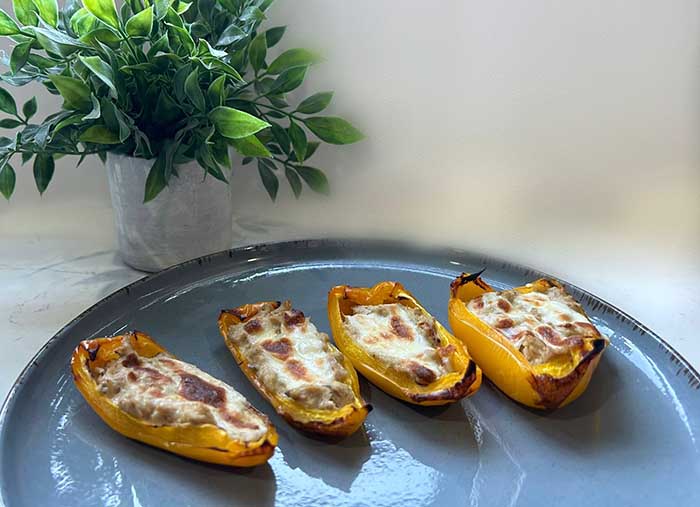
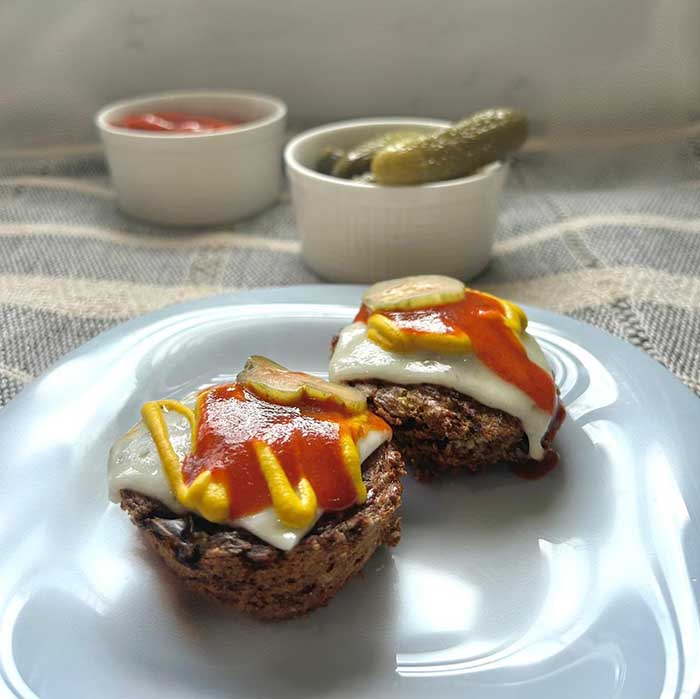
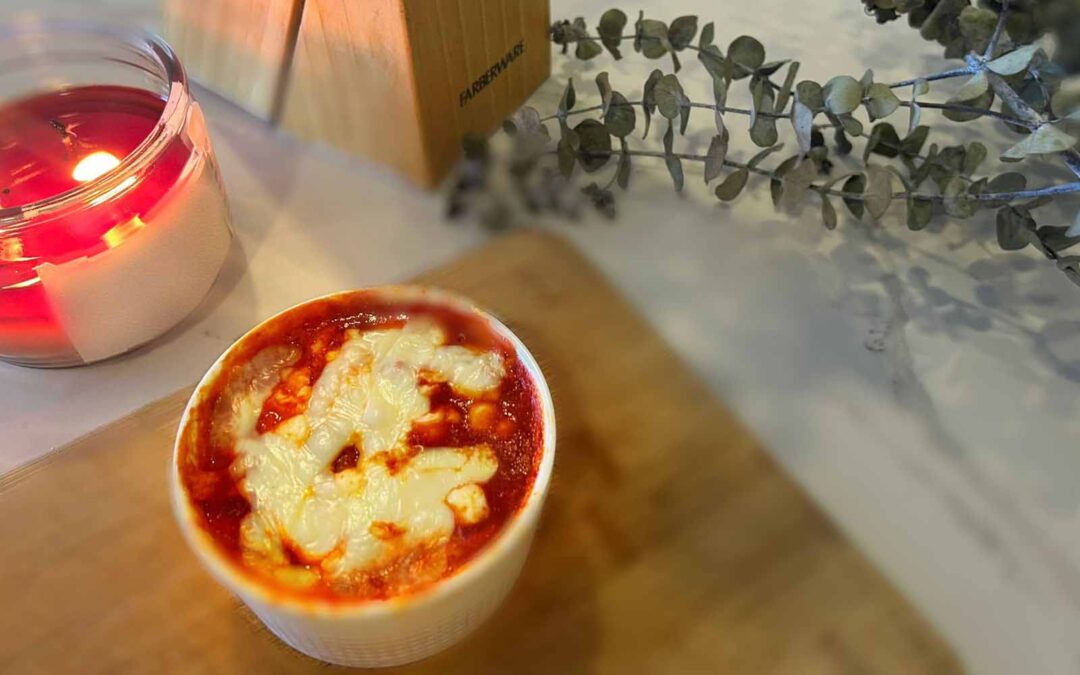
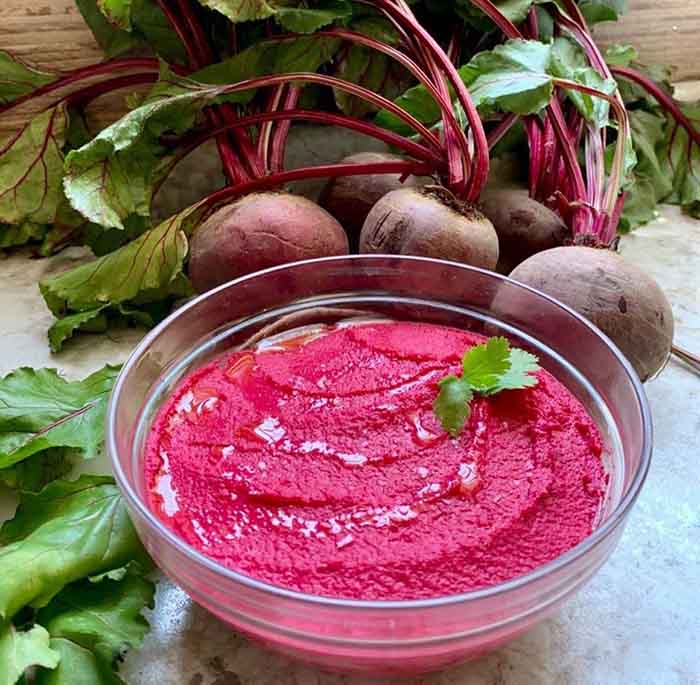
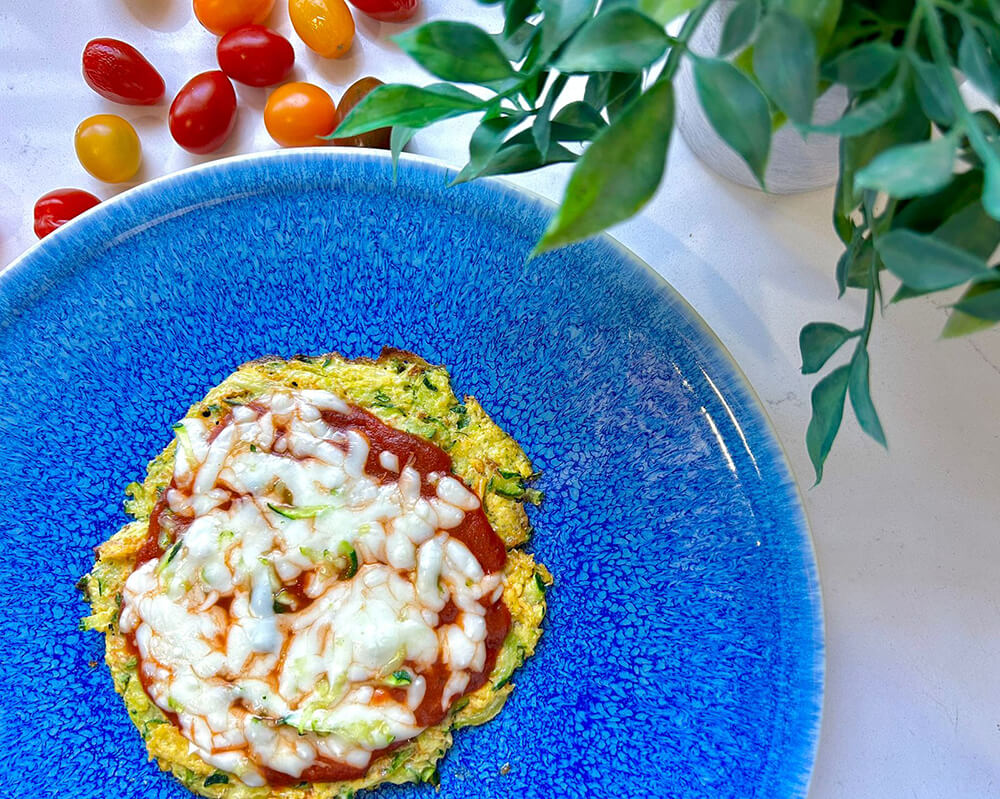
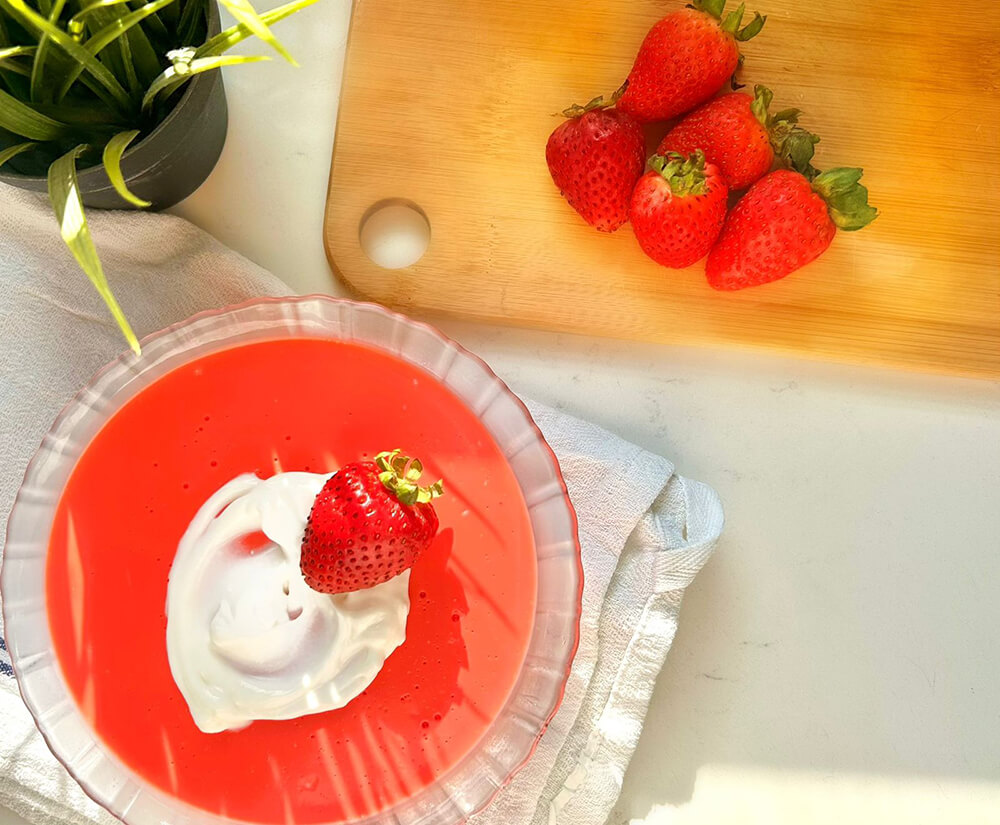
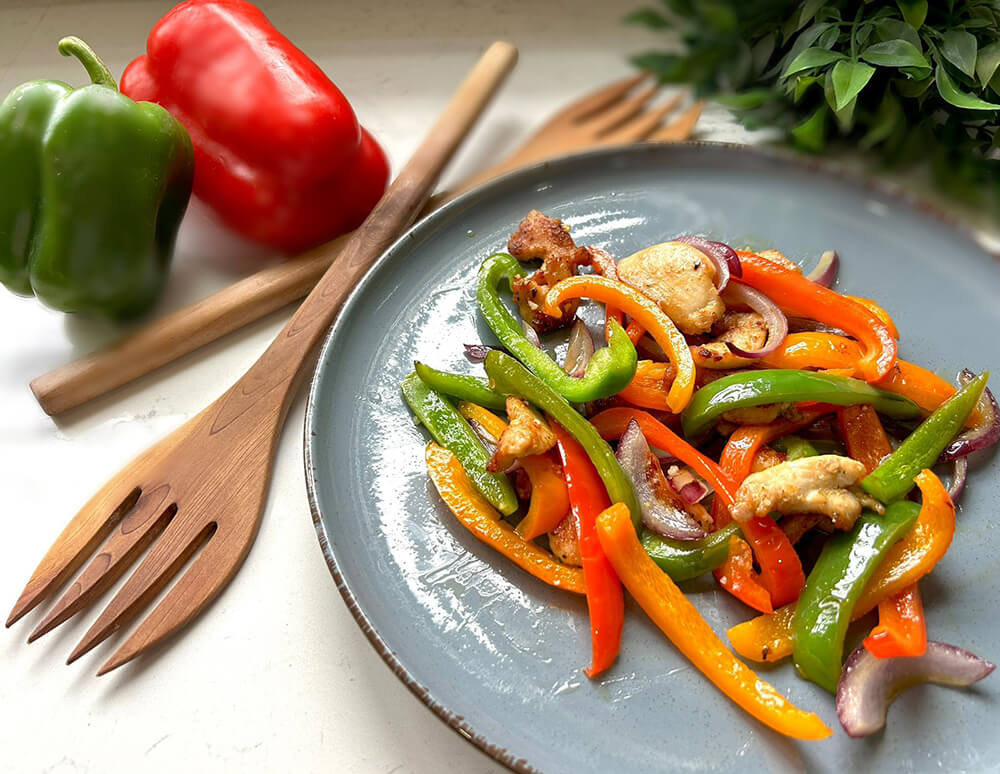

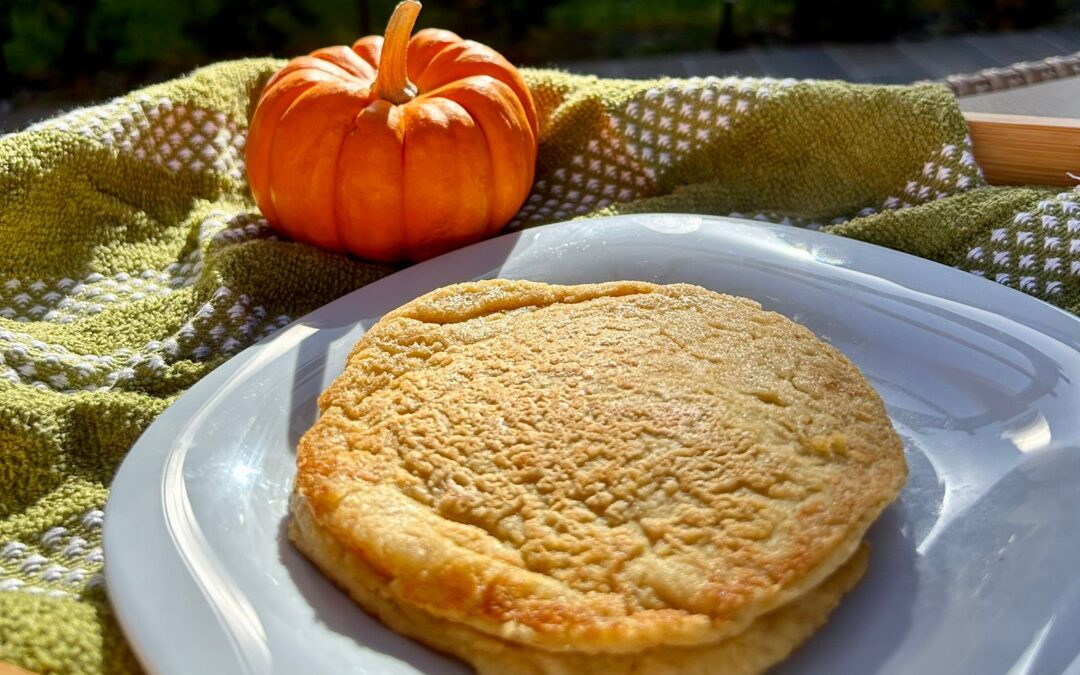
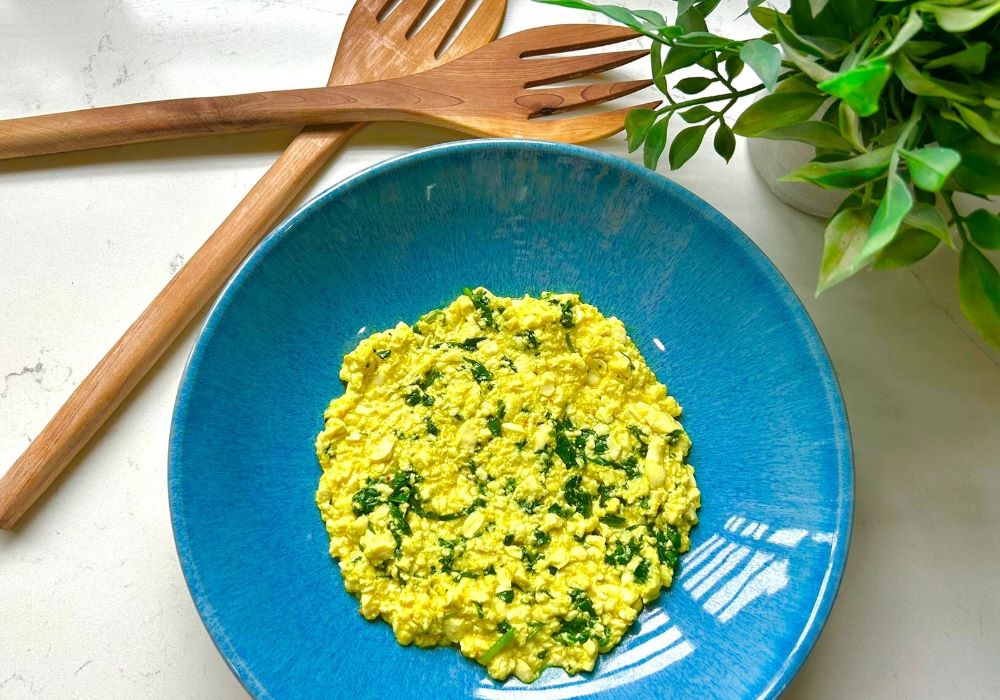
0 Comments